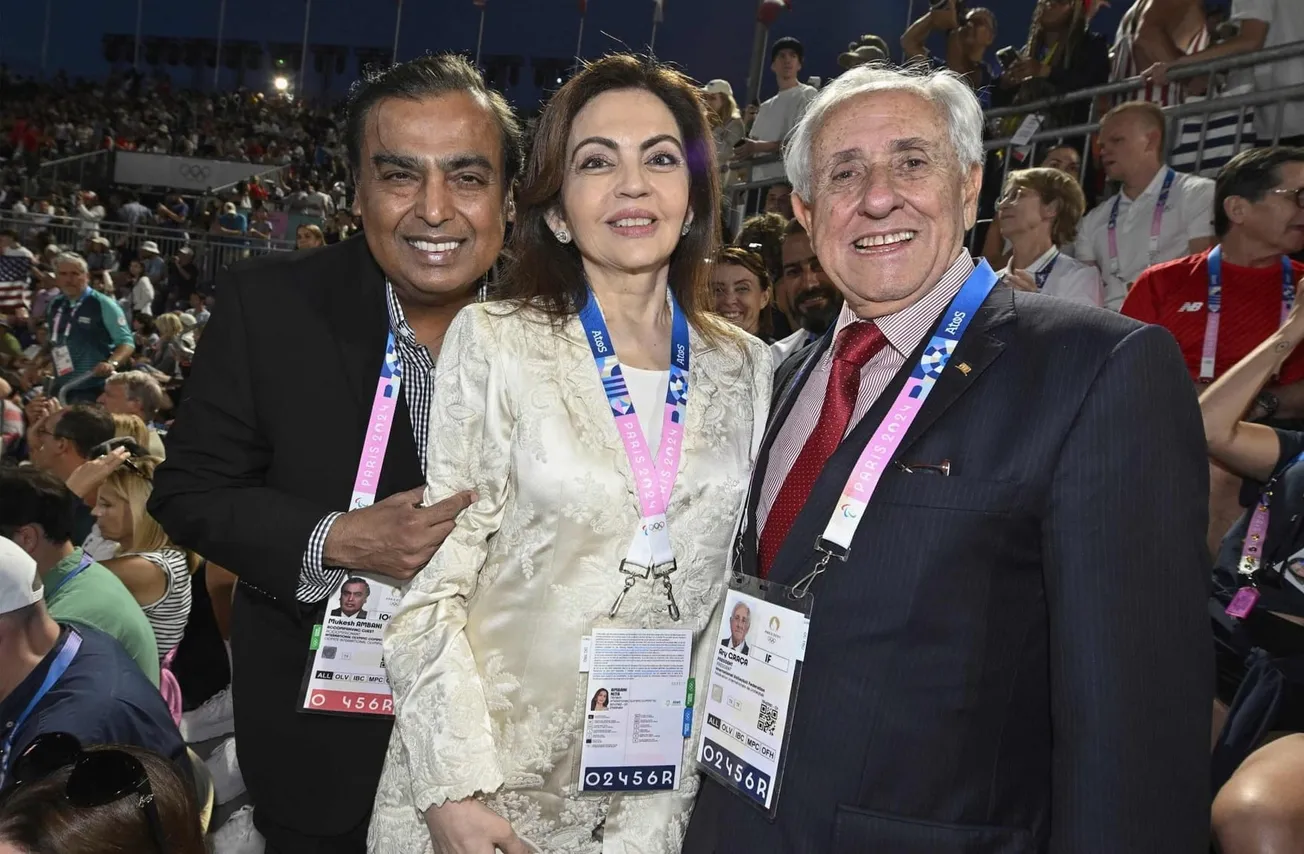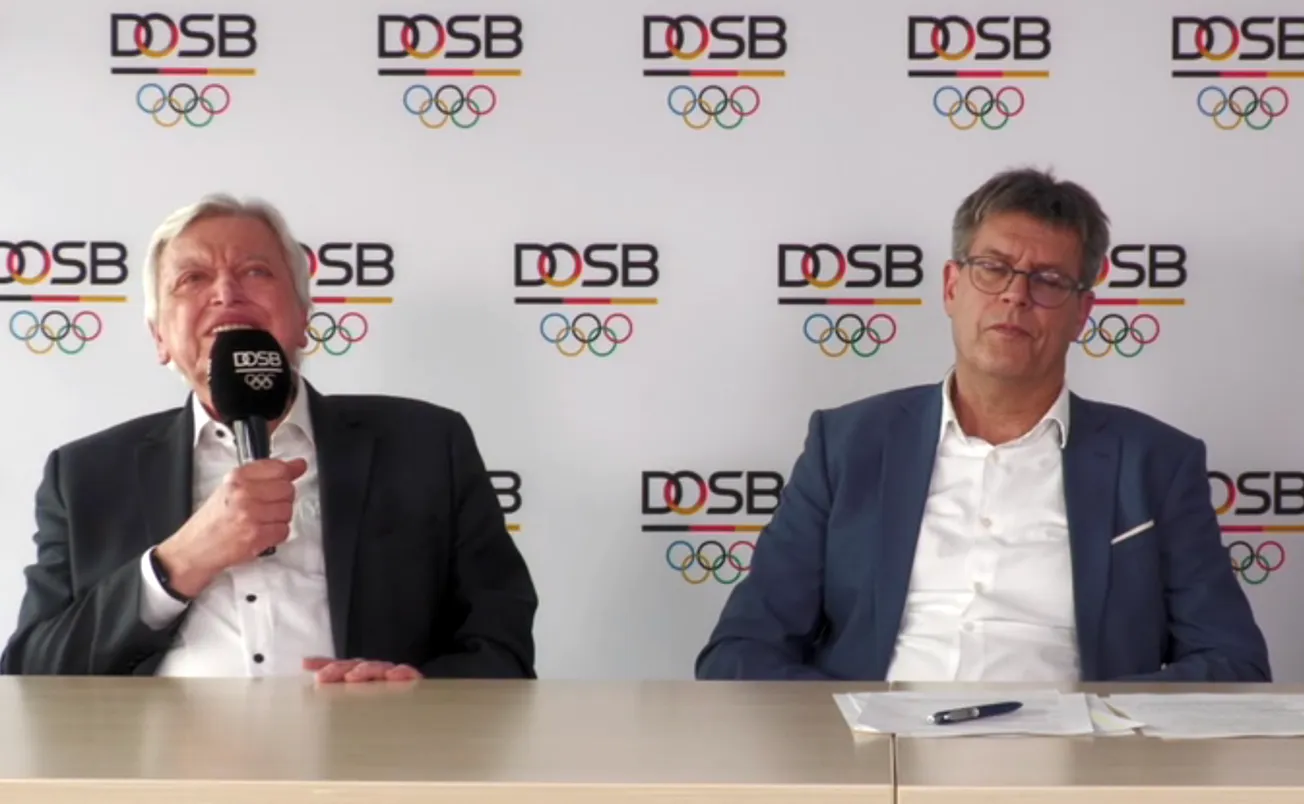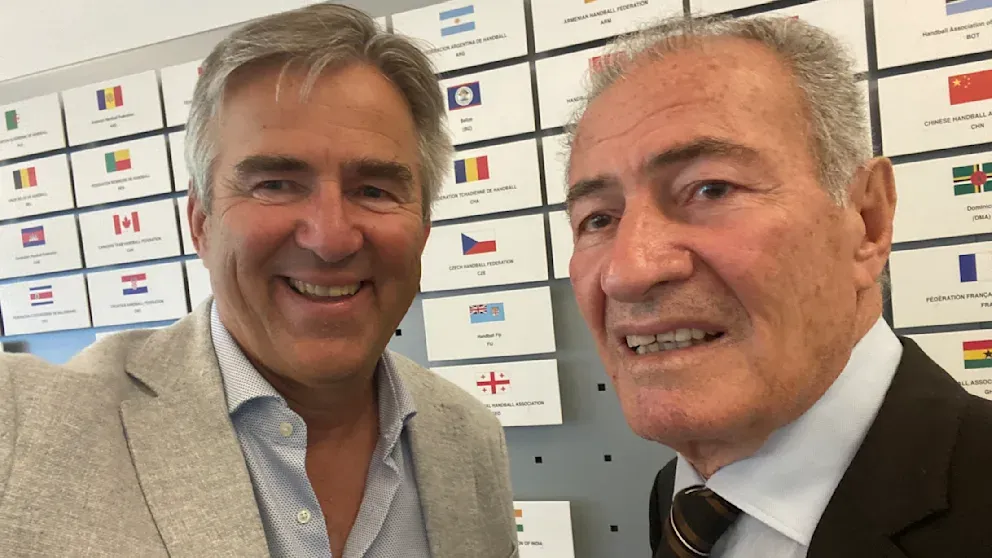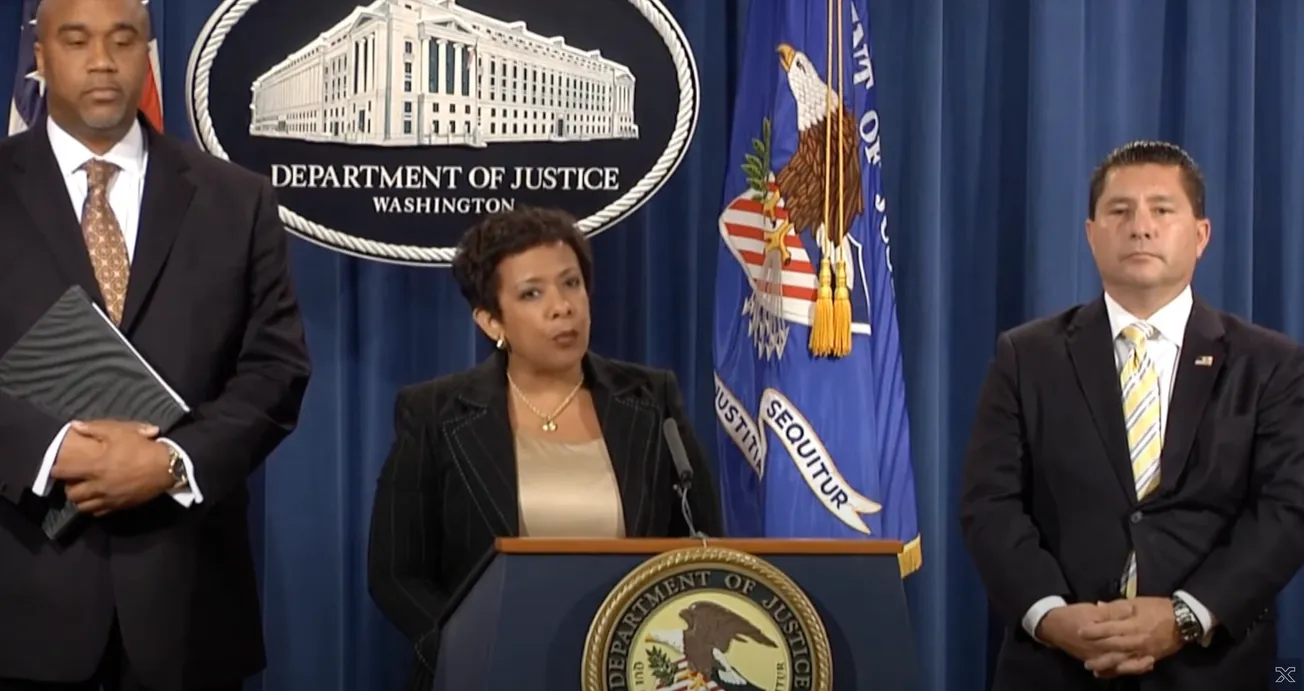Romain grew up in a French village in Isère, next to a farm and a retirement home. Far from journalism and the media, he worked in markets with his parents and grandparents, selling fruits and vegetables. Nothing destined him to investigate the complexities of the sports industry, except for his natural curiosity and an immoderate love for basketball.
Though he didn't manage to have a professional sports career, he launched several websites, webzines, and even a magazine in French-speaking Switzerland, focusing on another sport he cherished: football. Without pursuing higher education or journalism studies, he published his first investigation for CNN at the age of 21, delving into the four birthdates of a Congolese international player. Remaining independent, he went on to write for France Football, Le Temps, Blast, The New York Times, The Guardian, BBC, and Josimar.
His work took a different turn in April 2020 when he published an investigation on the sexual abuse of minors by Yves Jean-Bart, the powerful president of the Haitian Football Federation. Assisting the victims and their families, he had to resolve tragic situations that FIFA proved unable to address. With his contacts, he participated in the extraction of a person threatened with death and in the reintegration of several young girls who had suffered abuse at the FIFA Goal Center in La-Croix-des-Bouquets, near the capital, Port-au-Prince.
Despite death threats and legal pursuits, Romain never wavered and always kept the confidentiality of his sources. Supported by the International Federation of Journalists and FIFPRO (the global players' union) in his work, he was praised by Minky Worden, director of the Global Initiatives division at Human Rights Watch:
"Romain Molina's goal was to defend the weak against the powerful."
His investigations led to the lifetime ban of Yves Jean-Bart by FIFA for systemic sexual abuse of minors, a decision that was later overturned by the Court of Arbitration for Sport (CAS). The vice president of the Haitian federation, Rosnick Grant, was also banned for life for the same reasons, a sanction confirmed by CAS, before which Romain testified. He also dealt with the case of Evans Lescouflair, the former Haitian Minister of Sports and Secretary of State, by assisting victims in coming forward. Lescouflair, who had fled the country, was arrested by Interpol in July 2022.
The impact of Haiti marked a turning point in Romain's life and in the protection of children in the world of sports. Following the arrests and sanctions, he was contacted from around the world regarding other cases of sexual abuse, primarily involving minors, covered up by national and international sports federations. This is how he exposed two decades of abuse against young female basketball players in Mali in The New York Times, leading FIBA to conduct an investigation confirming the allegations and resulting in the suspension of the president, vice president, secretary-general, and two coaches.
In December 2021, his investigation (co-authored with Ed Aarons of The Guardian) into child abuse in Gabonese football prompted an official response from the president of the republic, Ali Bongo, the very next day. Dubbed the Capello Gate after the main accused, former U17 national team coach Patrick Assoumou Eyi, three football coaches were swiftly incarcerated, as well as the president of the federation, Pierre-Alain Mounguengui, accused of covering up a pedophile network. Two other coaches, one in taekwondo and one in tennis, also ended up in prison as a result of Romain's investigations, which initially received no media attention and had to be published on his social media channels.
In total, more than 25 sports leaders around the world were banned, investigated, or imprisoned as a result of his work, primarily for acts of pedophilia and match-fixing. In France, he was one of the first people invited by the National Assembly's inquiry committee to testify about the dysfunction of sports federations. In response, the French Football Federation (FFF) wrote a special letter to French politicians, complaining about Romain's testimony, which had exposed "40 years of cover-ups" of sexual abuse by the FFF. An article that was never challenged by the federation and was confirmed by an audit by the French Ministry of Sports.
Amidst these horrors, Romain always maintains hope for a cleaner world. Despite knowing that many preliminary rounds of the World Cup are rigged, he is a lover of these events. He conducted immersive reports with the Cambodian, Iraqi, Pakistani, and Yemeni national teams, and he also published an investigative book on the ongoing war in Yemen with researcher Buthaina Faroq.
Author of eight books, some of which became bestsellers in France, his writings have been translated into Spain, the UK, Russia, and Uruguay. His international perspective suits him well, as he has lived in England, Scotland, and now in Andalusia, Spain. While several FIBA officials may dislike him, he still indulges in basketball and even won the championship and the cup in Gibraltar a few years ago.
For THE INQUISITOR, Romain acts as one of the founding partners and as a regular author.
You may follow Romain on Twitter/X and Instagram, watch his Youtube channel and visit his website.







